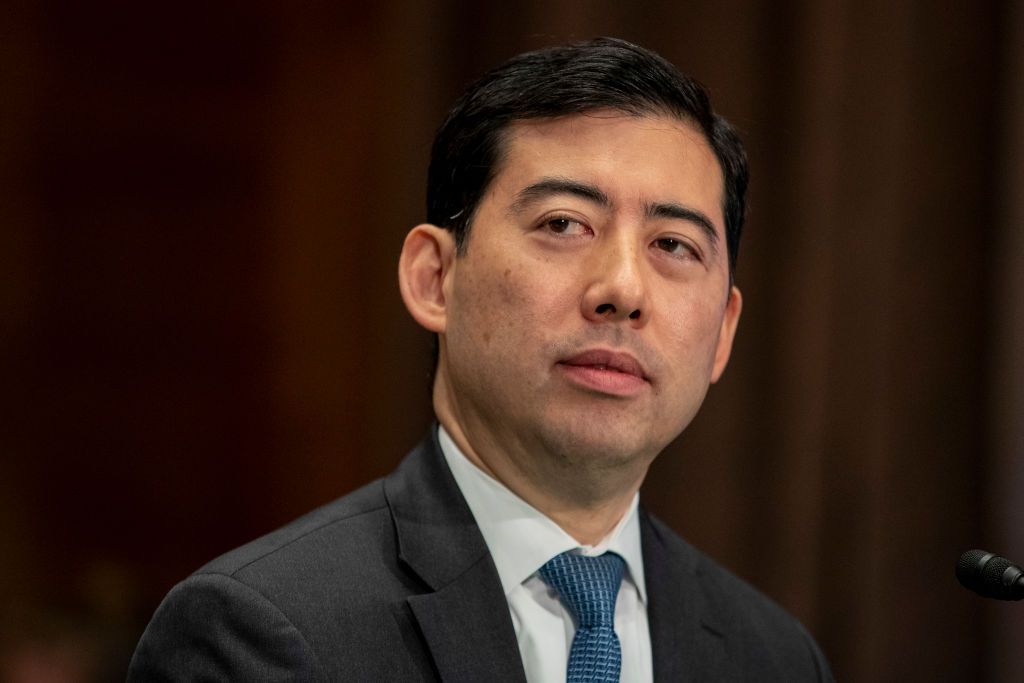“Too often regulators get bogged down in the minutiae of prescriptive laws and miss their core intent, says Teresa Goody Guillén, a partner at BakerHostetler. Crypto regulation should be guided by principles for an effective market.”, — write: www.coindesk.com
Now, under President Trump’s leadership, we stand on the brink of a historic shift. His “largest deregulation campaign in history” and “revolution of common sense,” offers us a rare chance to remove artificial boundaries, retire antiquated philosophies, and rethink our approach to regulating financial markets and digital asset ecosystems. Instead of creating and being bound by reactive regulations designed for past crises and technologies, we can design flexible, forward-looking frameworks that promote innovation.
As I envision these frameworks, I’m reminded of wisdom shared by Securities and Exchange Commission Chairman Harvey Pitt (2001-2003), a lion of the securities bar, who proposed a simple yet profound solution to improve U.S. equity markets: develop guiding principles for our markets to embody. Chairman Pitt likened these to God’s Ten Commandments — clear principles to govern conduct with the industry tasked to meet them.
Too often, regulators and market participants get bogged down in the minutiae of prescriptive laws and miss their core intent. While norms, standards and rules have their place, the “ten commandments” proposed here provide a strong foundation for future frameworks. The key is to first understand the purpose of the federal securities laws.
Read more: Trump Said to Consider Crypto Lawyer Teresa Goody Guillén to Lead SEC
These laws emerged after the 1929 stock market crash, which was fueled by unethical practices such as insider trading and stock manipulation, and exacerbated by information asymmetry between buyers and sellers of securities. The Securities Act of 1933 and the Securities Exchange Act of 1934 were enacted to prevent these abuses and to facilitate companies obtain capital, protect investors who invest their capital, and ensure markets are fair and efficient, while minimizing burdens on honest business activities.
Despite good intentions, these laws have become overly complex, stifling competition and limiting investor freedom. To reimagine financial market regulation, particularly in light of emerging technologies and digital assets subject to the securities laws, we must return to the principles that shaped these laws —principles that promote fairness while minimizing burdens on honest businesses.
Based on Chairman Pitt’s vision, I distilled the core values for market participants into the following ten commandments for a trustworthy market:
By focusing on these core principles, we can create adaptable regulatory frameworks that keep pace with technological advancements and avoid the constraints of outdated laws. This is the time for a seismic shift in financial regulation toward an approach that anticipates future markets and innovations. We can build a future-proof financial system that benefits everyone by ensuring clarity, fairness, and order while fostering innovation.
Note: The views expressed in this column are those of the author and do not necessarily reflect those of CoinDesk, Inc. or its owners and affiliates.

